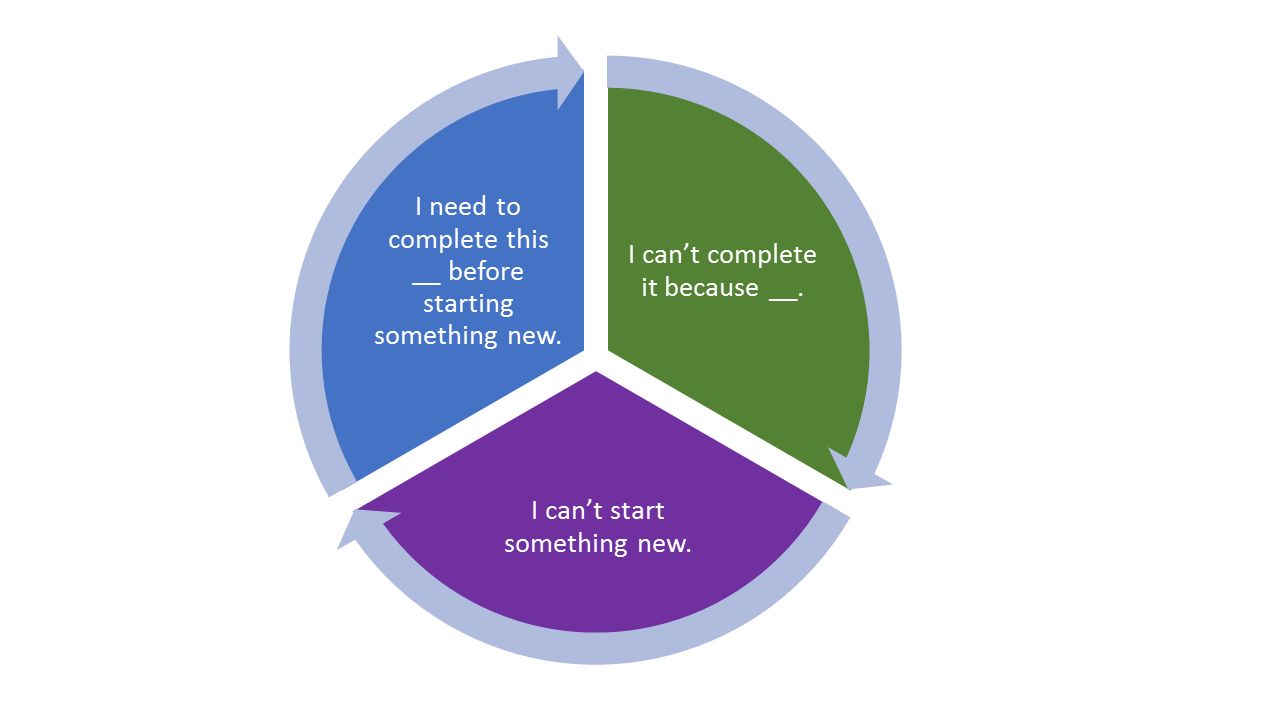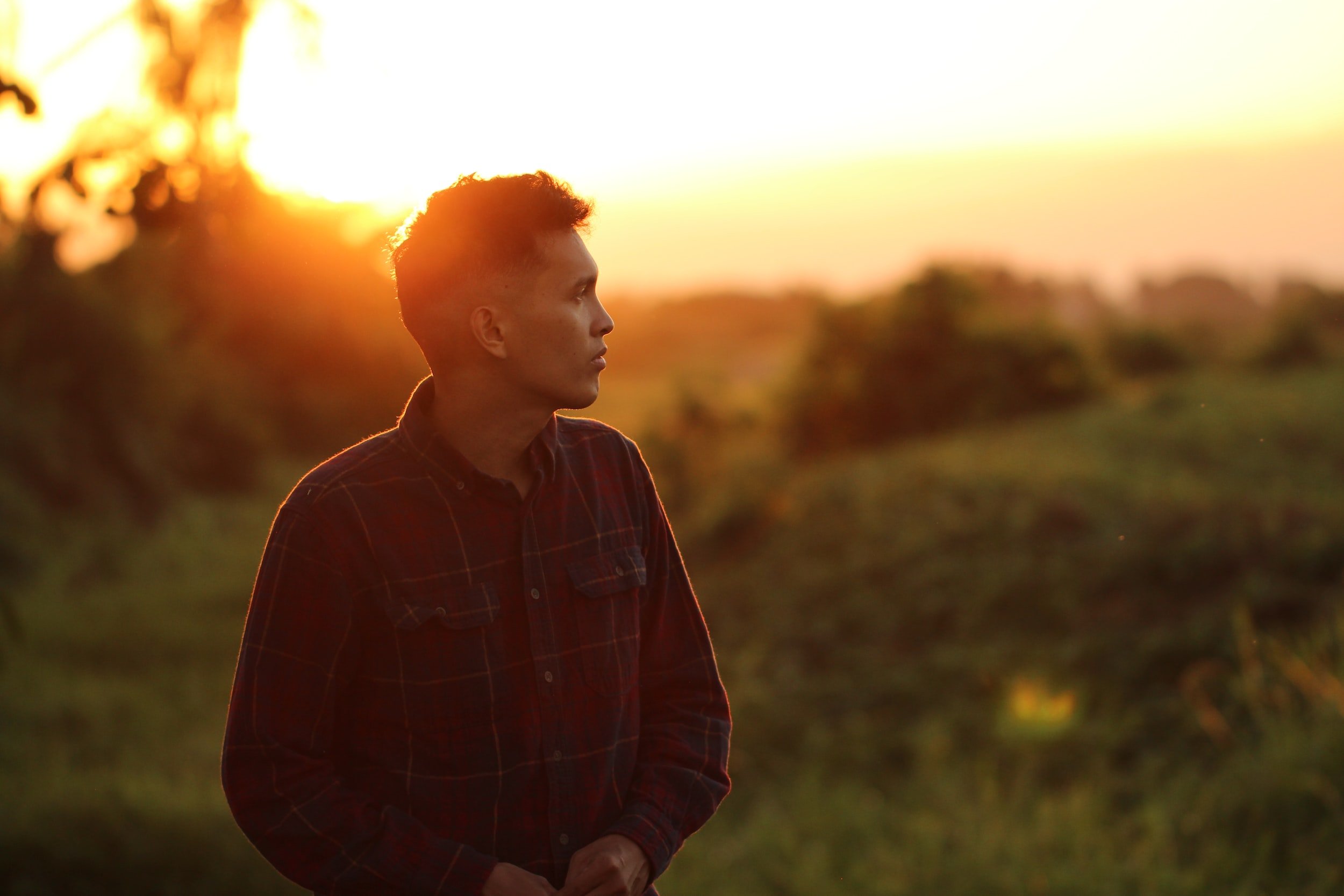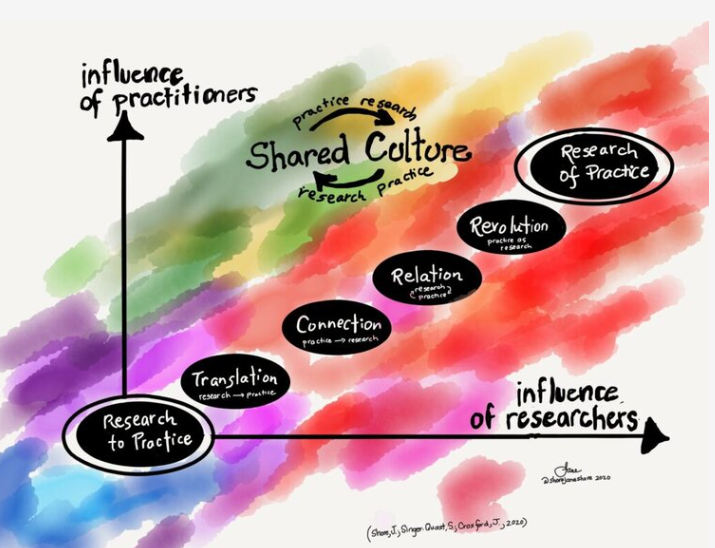Create a Research Agenda and Personal Academic Brand: Webinar and Q & A Part 2
Creating a research agenda that furthers your academic goals is not a simple process!
You asked about how to develop your academic identity and build your career.
Many questions were posed by attendees of the Sage webinar, Create a Research Agenda and Personal Academic Brand, with panelists Dr. Mark Carrigan and Dr. Jessica Sowa. (Scroll down for the recording if you missed the event.)
I’ve organized questions by topic and linked to additional resources. Since we had so many questions, find responses in two posts with answers and related resources.
In a previous post, you learned about:
Developing a Research Agenda
Finding Literature and Creating Literature Reviews
Getting Published in Journals
Finding Research Funding
In this post we will explore:
Conducting Research and Writing with AI
Mentoring and Supervising Students
Discussing Interdisciplinarity
Finding or Establishing Your Network On- or Offline
Setting Priorities
Conducting Research and Writing with AI
Questions: AI is going to become more integrated into academia and scientific research. How do we utilize this tool to write and establish our research identity? Can you suggest safe AI tools that can be used for research? Which digital tools promote research agenda for research incorporating AI system in research? I mean those which are based on research ethics and confidentiality for data security?
Answer:
We are in early days for these tools so I do not have a definitive answer. I have two observations. First, I would be more confident in using established, reputable tools with AI capabilities. NVivo and Atlas ti, for example, have AI functionality within tools developed with researchers and research ethics in mind. Tools like Chat GPT, on the other hand, were not developed with research ethics in mind. Companies like Open AI are embroiled in lawsuits and under scrutiny for ethical dilemmas such as the use of copyright-protected sources without permissions or compensation. This brings me to a second point: depending on the outcomes of pending lawsuits and regulatory decision-making, companies may be compelled to pull copyright-protected materials out of their tools, which will wreak havoc on any academic publications produced with their assistance. If you cannot properly cite sources, you have potential risks for plagiarism. In other words, I’d proceed with caution.
Sage’s policy for ChatGPT and Generative AI: Use of Large Language Models and generative AI tools in writing your submission.
Learn more: Methodspace Posts about AI in Research and Writing
Mentoring and Supervising Students
Question: How can Professors invest in their relationship with beginner researchers and students?
Answer:
Some institutions use the term “mentor” while others use the term “supervisor” or “dissertation committee chair.” For simplicity, I’ll use the term “mentor.”
Watch a previous webinar about how to navigate the mentor relationship.
Mentoring is a mutual relationship, so both the mentor and mentee need to invest in the relationship. A number of factors come into play, including the roles and protocols established by the university, the nature of the academic program, and personal commitment to the process. Quite simply, some people are better at mentoring than others! It can be a transformational or dismal experience; personally I experienced fantastic, life-changing mentors in my Masters program, and the worst possible mentor imaginable in my doctoral program.
As a doctoral student, make sure you understand the roles laid out for the mentor, committee members, and any others involved with overseeing your work. Treating them with respect is a good first step! Come to meetings prepared, so you don’t waste their time, let them know if you are not able to meet any timelines or deadlines.
At the same time, letting them know your preferences and needs will be valuable. How often do you want to meet or communicate? What kinds of feedback do you want to receive? What weaknesses do you know you’ll need help to address? If they can’t assist with a particular question they can refer you to someone that can.
In a timely find, this post, Expectation and Boundary Setting in 3-steps on the Supervising PhDs blog, offers good advice for new doctoral supervisors.
Learn more! See this collection of Methodspace posts about Mentoring
Finding or Establishing Your Network On- or Offline
Question: Social media has been a really important tool to connect with other people who share my interests, often by talking about theoretical orientation and research interests rather than disciplinary boundaries. I wonder about building on those relationships into offline spaces. … Any advice on being more strategic about moving academic relationships from a social media connection to things like potential collaboration or career development?
Where can I find a group of researchers to work on a project. Are there trusted platforms online to help us with this?
Answer:
I am a believer in the value of professional societies or associations, especially for new scholars. If you are a student you can typically join at a discounted price. Usually associations have special interest groups where you can meet experienced people in your field. Some associations have local or regional chapters with face-to-face and online events, and opportunities to present and discuss your ideas - and find people of like mind. Committees and other activities allow for networking, and volunteers are typically welcome.
I was previously very active in the Academy of Management. One valuable type of conference activity was “paper sessions,” where small groups would discuss papers in progress, and give writers feedback. The career services part of the organization helped academics prepare for a search, and interviews were conducted at the annual conference. Search for associations in your field, and check out the opportunities they offer!
Question: [On social media] it is hard to use it both to share professional, research interests and hobbies at the same time. What do you think about it?
Answer:
In the webinar Mark Carrigan discussed the way that he uses different platforms for more friendly or more professional interactions online. If you are a student or early-career researcher who expects to be searching for a position, consider what you want a prospective employer to know and post accordingly. When you put your name in a search engine, what comes up? Does the search reveal characteristics you want to be associated with your academic brand, or might they detract from the image you aim to convey? Consider sharing hobbies or personal comments with trusted friends in private chats.
Setting Priorities
Questions:
I was just wondering how junior scholars should be managing multiple projects as they are building their personal brand/identity in their fields. Do you have a personal rule that sets a boundary, for example, working on three big projects at a time.
I want to know: How can you build a research agenda (schedule) for your independent research, while balancing it with your PhD (currently in 1st year) and starting a business (because you have an amazing idea and need extra money to survive during the PhD).
Answer:
These are personal decisions depending on your energy, resources, and bandwidth; there is no one-size-fits-all answer! That said, when I supervised students at the beginning of their doctoral programs I suggested that they look at everything on their plates - and remove anything they could. Some responsibilities could not be removed, such as parenting or caretaking, or a job. A PhD is a big project, and there are many people who started one but did not complete the final thesis or dissertation.
For many of us, doctoral tuition is a major cost. Again, advice I gave my students: what do you want to do while you are paying, and what might you do later, when you are employed and someone is paying you?
In terms of a strategy for building your brand and identity while a student, be strategic. What will give you the most return on your investment of time? What opportunities are time-limited so could be carried out without distracting you from your doctoral work. For example, volunteering to review proposals for a conference in your field would be a great learning experience but would be done in a short time frame. Another time-related factor: do you need to publish something while the data is fresh, or because your topic has current relevance? Is there another project that is less timely and could be completed at a later date?
If you have multiple projects in mind, consider them sequentially and finish one before starting another. In addition to doing a better, more focused job, you will benefit from the sense of accomplishment you gain from finishing what you’ve started, versus feeling overwhelmed by too many loose ends.
Learn more! See this collection of Methodspace posts about making writing a priority.
Discussing Interdisciplinarity
Questions:
How can I develop an interdisciplinary research agenda with personal academic brand in mind?
In case of following multidisciplinary approach, how can one develop research expertise in one specific area or field?
Answer:
Figure 1. Degrees of Disciplinarity
Salmons, J. E., & Wilson, L. A. (Eds.). (2009). Handbook of research on electronic collaboration and organizational synergy. Information Science Reference.
These questions suggest the need to identify to what extent you want to identify with a discipline. Do you want to be grounded and affiliated in one discipline, but draw from or collaborate with scholars from other disciplines to gain a wider perspective? Or are you interested in problems that call you to bring knowledge and methods together to form a new field to of study? Fields like biomedical ethics came about because scholars realized that medical issues and ethical issues needed to be studied in conjunction.
I explained key terms in an early publication (Figure 1), and Miller (2020) similarly described ways of differentiating and classifying disciplinarity:
One classification distinguishes between multidisciplinary, crossdisciplinary, and transdisciplinary approaches. Multidisciplinary approaches involve the simple act of juxtaposing parts of several conventional disciplines in an effort to get a broader understanding of some common theme or problem. Crossdisciplinary approaches involve real interaction across the conventional disciplines, though the extent of communication; thus, combination, synthesis, or integration of concepts and/or methods vary considerably. Transdisciplinary approaches, meanwhile, involve articulated conceptual frameworks that seek to transcend the more limited world views of the specialized conventional disciplines.
So answer your questions, given these categories, discernment about personal brand involves determining to what extent you want to be based in one discipline versus integrating concepts and/or methods from multiple disciplines. Do you want to learn from and share ideas across disciplines, develop a new area of study that meshes ideas from different disciplines, or move beyond discipline altogether? Considering how you want to work with others. Will you collaborate with others within the same discipline or with teams that include scholars from varied disciplines?
Miller, R. (2020, August 27). Interdisciplinarity: Its Meaning and Consequences. Oxford Research Encyclopedia of International Studies. Retrieved 10 Jan. 2024, from https://oxfordre.com/internationalstudies/view/10.1093/acrefore/9780190846626.001.0001/acrefore-9780190846626-e-92.
Learn more! See this collection of Methodspace posts and interviews about interdisciplinary teaching, learning, and research.
Missed the webinar? Watch it here!
Join How to Do Research and Get Published webinars in 2024!
Find coming events and registration links for monthly webinars.

















































AI can do a lot of things but it cannot do originality. Learn more from Dr. Alastair Bonnett, author of How to Be Original.